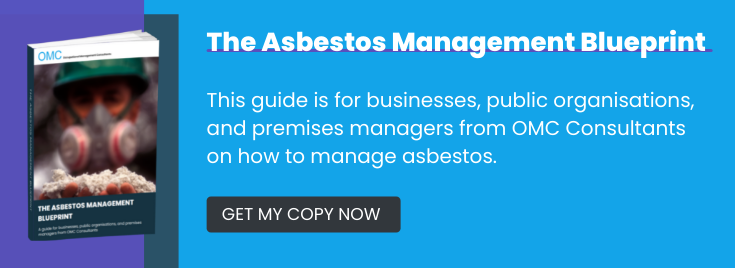
Asbestos Awareness Training. Regulation 10 of the Control of Asbestos Regulations 2012/ (CAR) 2012, deals with the duty of the employer to ensure that adequate information, training and instruction is given to his employees.
Information, instruction and training is required to be given to all employees whose work will expose, or could potentially expose, them to asbestos.
Asbestos awareness training should be given to all demolition workers and those workers in the refurbishment, maintenance and allied trades whose work potentially could disturb the fabric of the building.
Additional information, instruction and training should be given to those workers whose work disturbs asbestos-containing materials.
Asbestos awareness and additional information, instruction and training should be given to those employees who work with asbestos in the manufacturing industry, those who carry out asbestos sampling and analysis, and those maintenance workers whose work will knowingly involve disturbing asbestos.
Employers also have a duty under Regulation 3 of the Control of Asbestos Regulations 2012/ (CAR) 2012, to ensure, so far as is reasonably practicable that instruction, information and training is given to non-employees who are on the premises and may be affected by work that disturbs or could potentially disturb asbestos.
Asbestos awareness training given to Duty Holders and all employees should cover the following topics in appropriate detail, by means of both written and oral presentation, and by demonstration as necessary:
- The health risks of asbestos and the increased risk of lung cancer for asbestos workers who smoke;
- The types used and likely occurrence of asbestos in buildings and plant;
- The general procedures to be followed to deal with an emergency, for example, an uncontrolled release of asbestos dust into the workplace;
- How to avoid the risks from asbestos
Additional information, instruction and training are given to employees, including supervisors who carry out work with asbestos that does not require a licence, should cover the following topics in appropriate detail by means of both written and oral presentation and demonstration:
a) the assessment of risk and the purpose of the plan of work;
b) how the correct use of control measures, protective equipment and work methods can reduce the risks from asbestos, limit exposure to workers and limit the spread of asbestos fibres outside the work area;
c) the assessment of exposure and the purpose of air monitoring;
d) the STEL and 4-hour control limits and their meaning;
e) the maintenance of control measures, including where relevant the maintenance of enclosures and negative pressure equipment;
f) procedures for recording, reporting and correcting defects;
g) the correct selection from a range of suitable RPE, its correct use, cleaning, maintenance and safe storage, with specific attention to ensuring that the RPE is working correctly in accordance with the manufacturer’s instructions and information;
h) the importance of achieving and maintaining a good seal between face and RPE, the relevance of fit tests, and the importance of being clean-shaven;
i) the suitability, correct use, storage and maintenance of protective clothing;
j) decontamination procedures;
k) waste disposal;
l) the role of medical surveillance;
m) other work hazards including working at height, electrical, slips, trips and falls;
n) for analysts personal sampling and leak and clearance sampling techniques;
o) introduction to relevant HSE regulations, guidance and Approved Codes of Practice.
Where any employees are required to use the following plant and equipment to carry out the following work activities then practical training should be given:
p) use of decontamination facilities where necessary;
q) use of PPE, particularly RPE;
r) construction of mini-enclosures where necessary;
s) use of control techniques, such as Class H vacuum cleaners (BS 5415: 1985). In order for OMC Consultants to advise on the level of training required, we would ask for information on the types of activities your employees undertake as part of the day to day work.
In most cases, we would advise on no more than 8 No delegates per session, and to allow for up to 6 hours for each session.
Asbestos Awareness and Additional Training can be delivered on-site.
Please contact OMC consultants through either our personnel or contact pages.
We are happy to listen and advise you to help meet your business needs.
